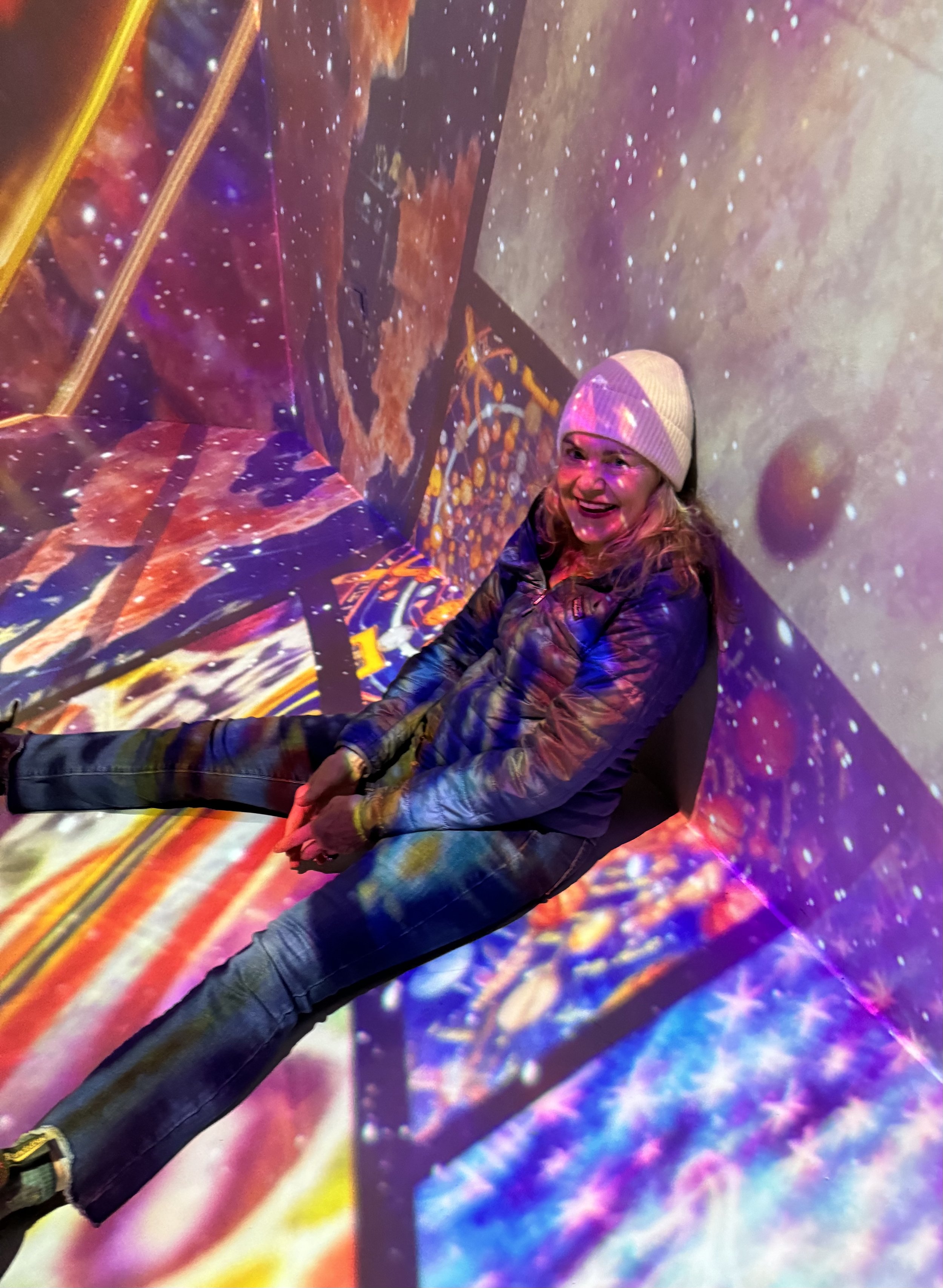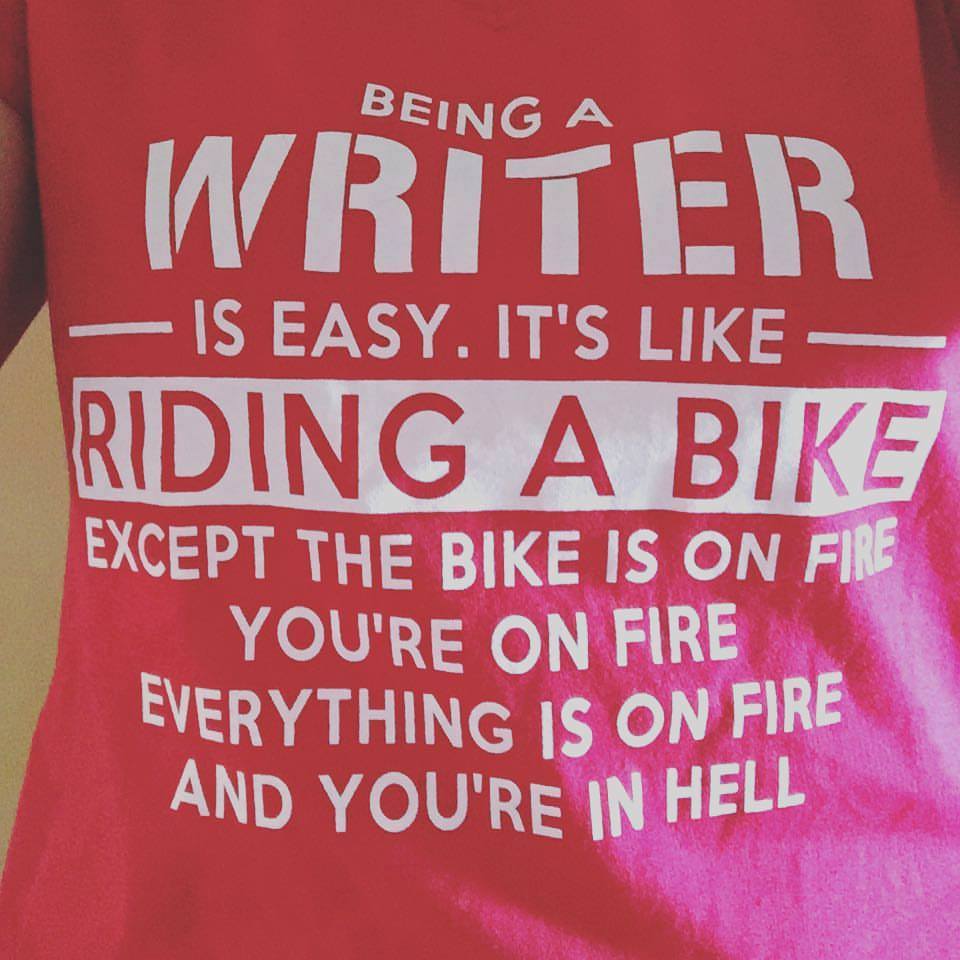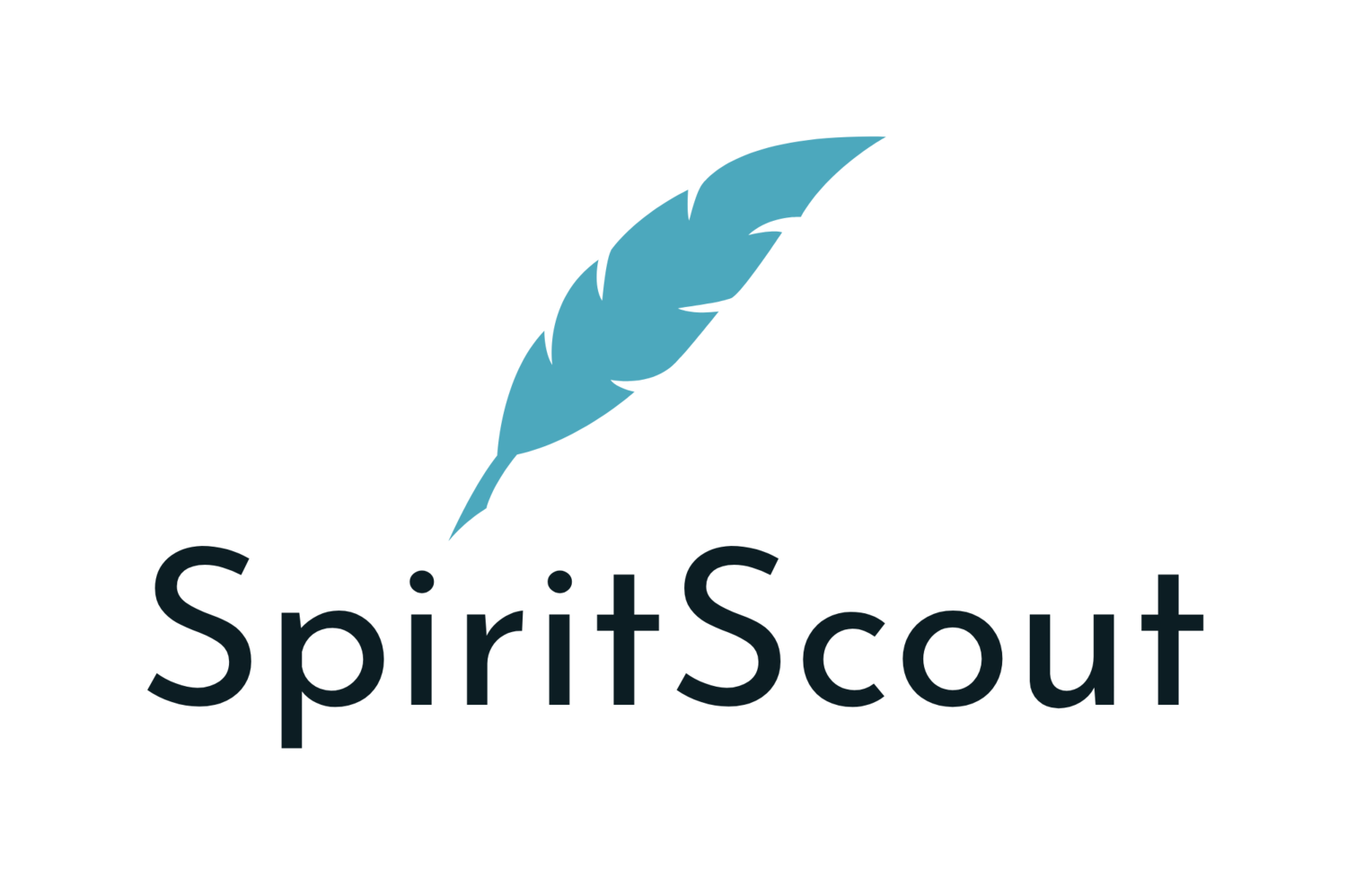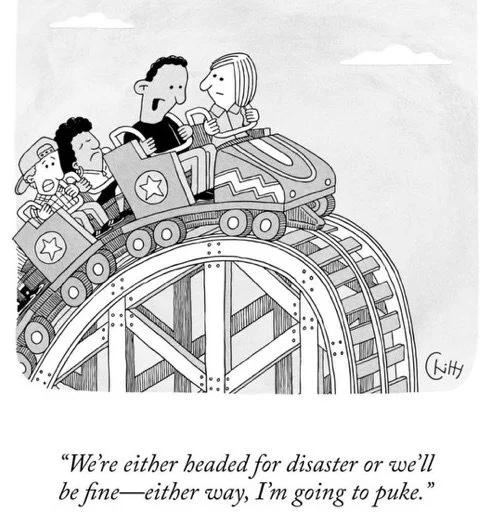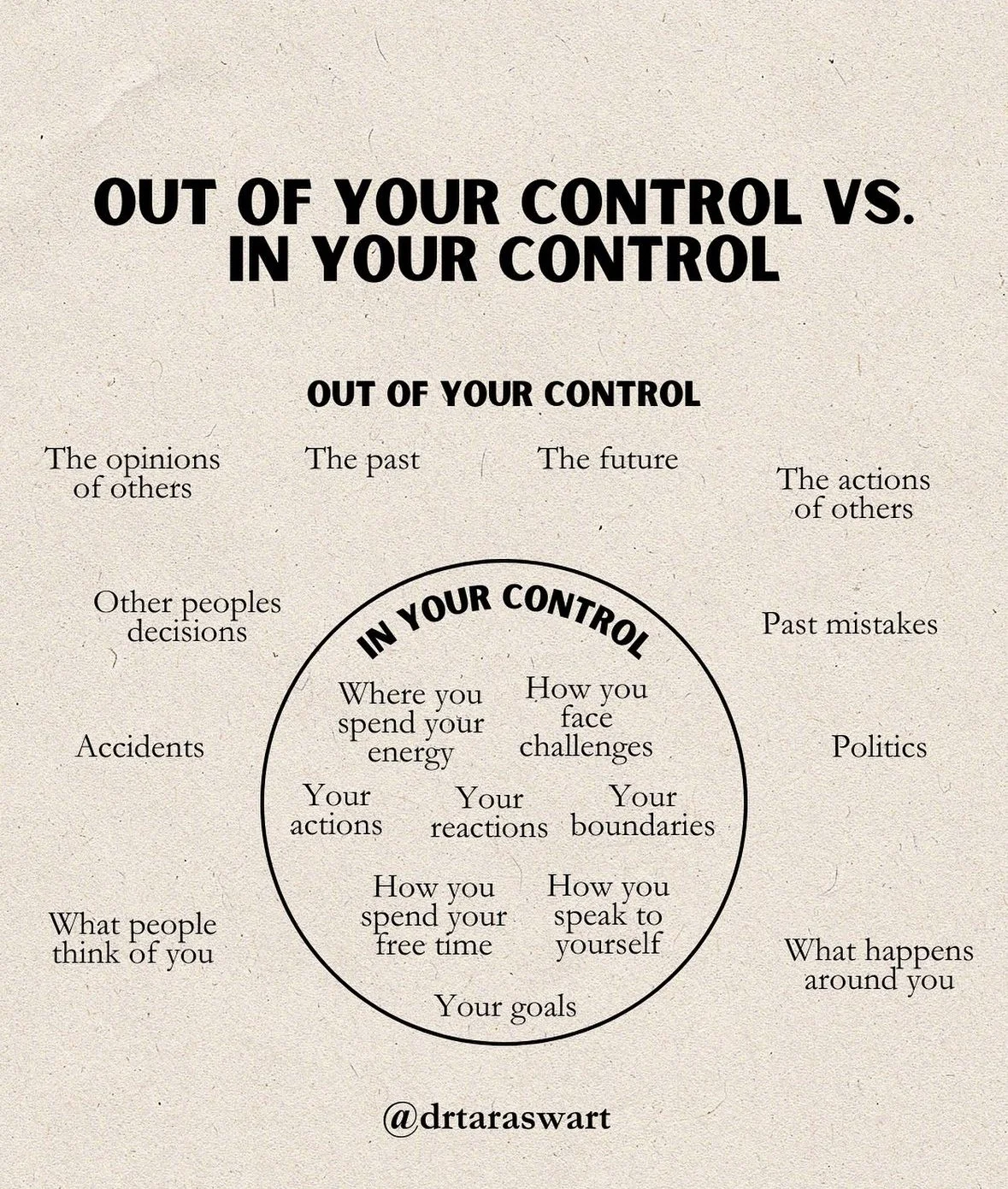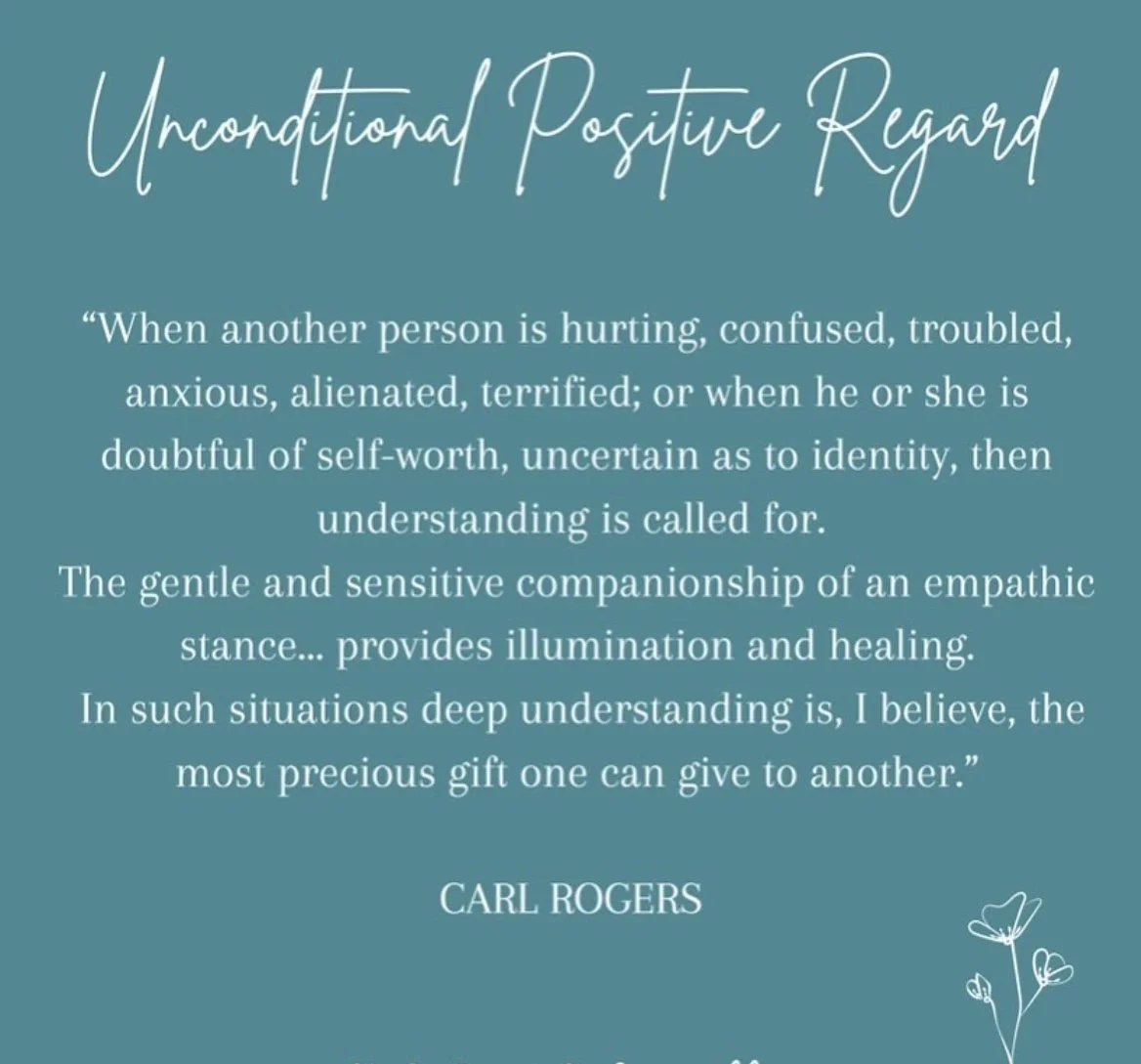Holding My Feet To The Fire
2024
In the dizziness of current political dismay, many people feel as if they are on allostatic overload. I calm myself by reviewing the facts: either she will be elected, or she won’t; either he will be re-elected, or he won’t. There’s no right or wrong in the logic of the Universe, there just IS. Things will happen, or they won’t. This is not a paradox to be solved, it is a paradox that we manage. Bullying, immorality, lying—so much needs to shift. Political forces expose the darkness so that the light will eventually shine: this is how we evolve, however painfully slow that may be. It’s not going to all burn down, and we will be as accountable as we can be. Our beautiful world will keep turning and 8.2 billion people will go on with their lives. I find this pragmatism grounding, and I place my faith in the hope that the ultimate grand plan for humanity is a loving one.
A great tragedy of our time, this epoch of self-righteousness, is the zeal with which people would rather feel right than understand — the situation, the context, the motives and vulnerabilities behind the actions, the basic fact of the other. —Alan Watts @1960
If I’ve learned one thing this year, it is this: I cannot control the behavior of anyone but myself, and I am not responsible for anyone’s emotions but my own. It took me sixty-seven years to learn that; I hope you are a faster learner than me. Part of my delay is due to the fact that I am an over-thinker—I revisit a lot of unnecessary ground on a regular basis.
Did you know that humans have 12,000 to 60,000 thoughts per day? Of those thousands of thoughts, 80% are negative, and 95% are exactly the same repetitive thoughts as the day before. This is a big reason why we struggle to make changes in our patterns and habits—because we keep thinking the same thoughts! We need to feed our brains with fresh material and think new thoughts to manifest new outcomes and levels of consciousness. What are some ways we can do this?
1. Reading from quality sources every day.
2. Varying sources of media from a wide range, on rotation, and limiting exposure.
3. Journaling thoughts for 5 minutes each morning and evening to give them a place to incubate.
4. Walking daily (in the woods or a green space, if possible).
5. Making an extra effort to talk to someone new to learn a new point of view.
6. Remaining in curiosity mode: asking ‘why?’ often.
I’ve been intentionally implementing these six steps for the past few weeks, and I think it’s really helping my body to regulate and my brain to refresh faster. I am less anxious and more in tune with the responses I want to convey, especially if I find myself receiving difficult news or participating in a challenging conversation.
The Practice of Unconditional Positive Regard
How often have you received the benefit of the doubt and been grateful? It feels really good to be validated in this way. How often do you extend the benefit of the doubt to others? If your answer is ‘not often enough’ then strap in, because the tool I want to share today is what I call ‘the benefit of the doubt’ on steroids.
Carl Rogers, the Humanistic Psychologist, posed the theory of Unconditional Positive Regard (UPR) as a way for therapists to express acceptance, empathy, and warm neutrality as the best posture for healing patients—he created a super-safe space, as it were. I want to take this tool and hand one out to every citizen. No matter which way this election goes, we need to become diplomatic savants if we want to salvage our democracy and protect our freedoms. This doesn’t mean that we blindly tolerate or accept everything people say and do; it means that we learn the skills to navigate—the triggers, the hurts, the hard conversations—with more grace and more courage.
We can say anything as long as it is said with unwavering acceptance and support of where the other currently stands. In leadership, in love, and in our own minds, mastering this is perhaps one of the greatest game changers of all time. —unknown
The cool part is that we already know how to do UPR: empathy, understanding, and non-judgmental acceptance—these are the hallmarks of the love and care we show to a child. When I was learning about Unconditional Positive Regard, I realized right away that it wouldn’t track unless I began by extending empathy, understanding, and non-judgmental acceptance to myself. It seemed like a simple ask, but it was not easy.
The Buddhist teacher Jack Kornfield tells a famous self-compassion story from when he met the Dalai Lama in 1989 that helps to explain why: “it was at one of the first international Buddhist teacher meetings, we Western teachers brought up the enormous problem of unworthiness and self-criticism, shame and self-hatred, and how frequently they arose in Western students’ practice. The Dalai Lama and other Asian teachers were shocked. They could not comprehend the word self-hatred. It took the Dalai Lama ten minutes of conferring with his translator, even to understand it. Then he turned and asked how many of us experienced this problem in ourselves and our students. He saw us all nod affirmatively. He seemed genuinely surprised. ‘But that’s a mistake,’ he said. ‘Every being is precious!’ Nevertheless, self-judgment and shame are there in most of us who come from a Western culture.”
Showing myself loving acceptance for my humanity and my flaws during a few weeks of bold journaling was very revealing and essential. I took a suggestion from the writer Elizabeth Gilbert who begins her entries this way: “Dear Love, what would you have me know today?” I care about myself, I have value, I don’t have to be or do anything to deserve love: when I feel nurtured and sated by these statements, then I can go into growth mode.
Three things happened quickly:
1. I realized that Unconditional Positive Regard holds me accountable for my part in how things go, I am half of every dynamic I participate in.
2. It resets my brain into thinking more regulated thoughts about myself and others.
3. I become less reactive to negative energy, like the news, and more open to the good stuff all around me.
The bonus of this practice has led me to experience higher quality interactions with people I don’t know and a deeper connection with my own people. I enjoyed a wonderfully random exchange with my cashier at the grocery store yesterday because I was telegraphing UPR; he picked up on it, and because my intention was sourced from this solid, safe place, it became a self-generated dopamine hit that lasted me the afternoon. UPR is just waiting to deliver these love bombs of happiness on a regular basis.
I define connection as the energy that exists between people when they feel seen, heard, and valued; when they can give and receive without judgment: when they derive sustenance and strength from the relationship. —Dr. Brené Brown
And here is the oyster to this story: this concept is imperative right now because Carl Rogers found within the UPR practice a curious paradox: that by creating a safe space of acceptance for what simply IS, the energy that creates growth and change then has a place to ignite. This is a tool of hope, and hope is a generative force—what else is possible in the forces of love? It is a tool that might allow us to save our collective sanity. In a nutshell, it’s an invitation to take the high road in the coming months and slather grace whenever possible. Indeed, we will still maintain healthy boundaries, and we won’t be taking on anyone’s monkeys or circuses. But I don’t want to be a scared soul on a wild ride, either. I think we can all accept the personal responsibility of becoming Ninja change agents, one exchange at a time. Here is a mantra for moving forward: May I be kind, May I be gracious, May I be bold.
Words are powerful. Have I missed opportunities to extend Unconditional Positive Regard before I understood this concept? Hell yes—every day, and all day long. Often it was because I was operating in a mode of ignorance, fear, or shame, and I did not have the tools to galvanize my inherent goodness, the goodness we all share by simply being human. I was not able to be fully accountable to myself. I did not hold my own feet to the fire, but took the easy way out: yelling, withholding, ghosting, estrangement. Can I do better now that this beautiful idea has germinated in my heart and brain with a name like UPR? Yes—it’s going to help me to keep my side of the street cleaner. I am going to try because it’s a state of mind I desire; it’s a way of being in the world; it’s a loving practice. Our world has never needed kindness, graciousness, and boldness more than it does now. Collectively, our dispositions matter and have the power to change the conversation. Try consciously conveying UPR for one afternoon in a situation as simple as the grocery checkout line. I think you might amaze yourself.
I’d love to hear from you—feel free to send your comments to me. Please share this post with a friend :) and thank you for reading!
